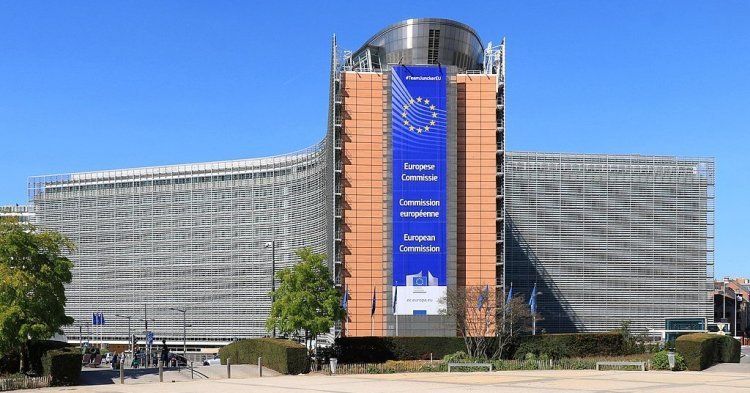On Dec. 8, 2021, the EU commission unveiled what has been defined as an "economic howitzer“: an anti-coercion sanction mechanism which would allow the EU to impose sanctions on hostile economic actors, which will not be subject to the current unanimity requirements. The stated objective of the tool is to”address practices by non-EU countries which seek to coerce public authorities in the EU to take, not take, or withdraw, particular policy measures". This reflects the fact that outside the EU, trade is increasingly politicized, especially by superpowers and emerging superpowers.
What is the proposal about?
The list of possible countermeasures the EU could take, under the proposed regulation, could include: increasing tariffs; restricting access to public finance; or barring the possibility to invest. As such, they closely match existing mechanisms that the EU has utilized in the past, with one important difference – the unanimity requirement. In the proposal, the commission argues that the tool would belong to the realm of trade policy, rather than foreign policy. These technical changes from existing practice would circumvent the requirement, allowing for the passage of sanctions with only a majority vote in the EU council.
In recent years, the EU has been unable to mount a joint response to problematic trade policies by China and US, who have exploited internal disunity in the EU to prevent countermeasures from being imposed. This anti-coercion tool could rectify that. Additionally, the tool would allow the EU to deal with trade pressures on its eastern member states, a problem highlighted by the recent JEF Europe resolution regarding the EU’s policy towards Russia.
However, in my opinion, its true importance lies in the pragmatic expansion of EU authority in the field of foreign relations, by disregarding the unanimity requirement.
This is not the first time that Unanimity has been discussed in the last year. Just last March, both the Netherlands and Spain explicitly argued for ditching the rule. Further, the new rule of law mechanism linked to the European Recovery Plan, ostensibly allows for the commission to withhold funds where there are concerns regarding rule of law and human rights. While falling short from a formal suspension, it is nevertheless a step for increasing the pressure on compliance with EU laws. While the mechanism is still subject to a legal review by the European Court of Justice (ECJ), its advisor called on December 2 for the court to dismiss the outstanding legal challenges.
In conclusion, the new developments in 2021 signal a real relaxation of the paralyzing unanimity rules, for the first time in many years. This is not only a federalist imperative but also a strategic necessity in an increasingly volatile world. Even though the anti-coercion tool is still not law, the institutional support by the European Commission marks a turning point. Another advantage of the mentioned tools is that they would not require amending EU treaties and as such would not be exposed to obstructionism by rogue actors. Federalists around Europe should certainly follow up and make sure that the EU develops the necessary tools to protect itself and member states from coercion and undue pressure.


Follow the comments: |
|
